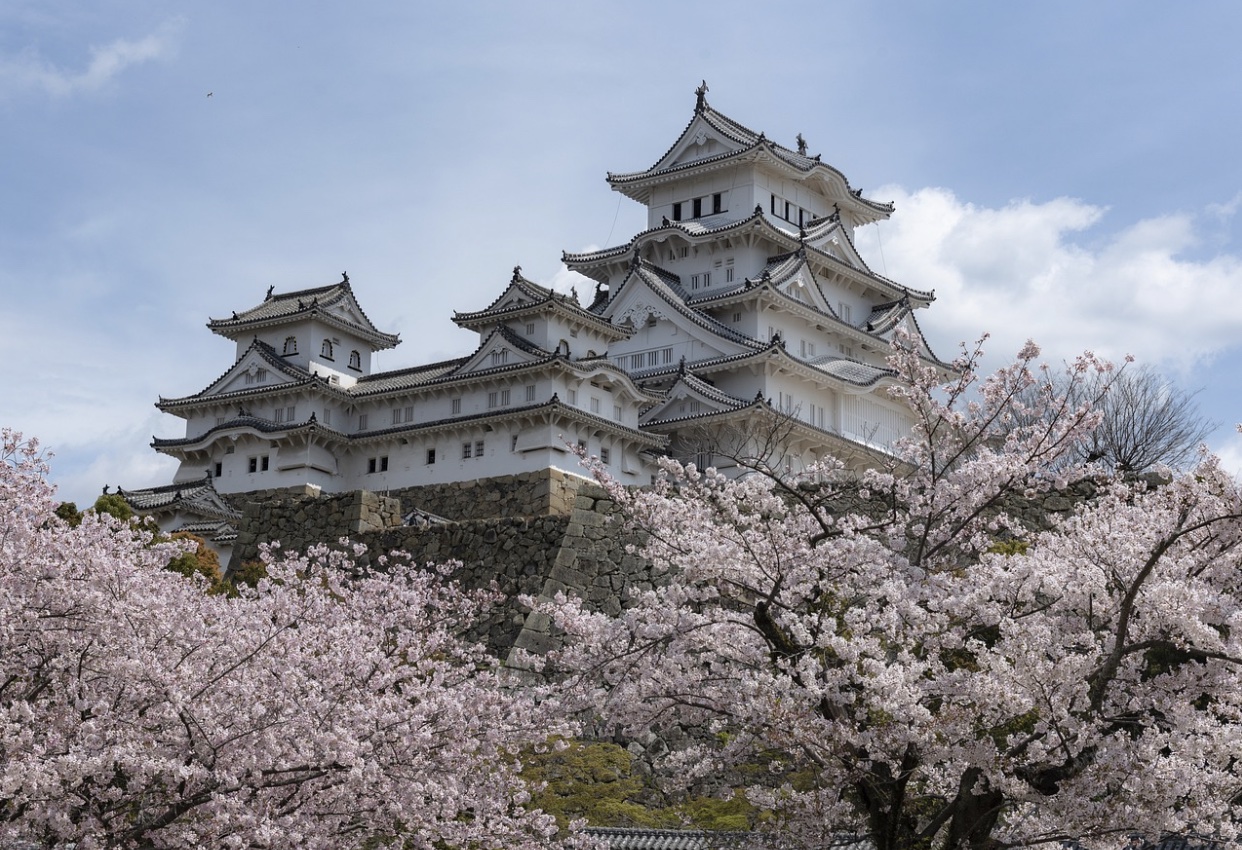Jan 05 (News On Japan) - Japan is known for its fast internet, tech-savvy culture, and open online environment. Unlike some countries, Japan doesn’t enforce strict censorship or impose significant restrictions on internet access.

That might make you wonder: is a VPN even necessary here? While it’s not a must-have for everyone, there are plenty of good reasons why using a VPN in Japan is worth considering - and it’s not just for the ultra-security-conscious.
What does a VPN actually do? A VPN works like a digital safety net for your online activities. It hides your internet connection and scrambles your data so no one - like hackers, advertisers, or your Internet Service Provider (ISP) - can see what you’re up to. That’s why finding the best VPN in Japan is a good option for adding an extra layer of protection to your online activity.
According to tech expert Tsvetomir Koychev, some of the best VPNs for Japanese online users not only ensure a smoother and more secure online experience but also provide greater internet speed, provide users access to geo-locked content via thousands of remote servers from countries around the world, and enhances privacy through no-log policies.
A VPN really comes in handy when dealing with public Wi-Fi. In Japan, free Wi-Fi is everywhere - at cafes, airports, hotels, and even train stations. It’s convenient, sure, but these networks aren’t always as safe as they seem. Hackers often target open Wi-Fi connections to intercept data, which could include your passwords, banking details, or other sensitive information. A VPN encrypts your connection, so even if someone manages to sneak into the network, they won’t be able to access your personal information.
Privacy is another big factor. Japan doesn’t have a reputation for heavy government surveillance, but ISPs can still monitor your browsing activity. And let’s not forget about advertisers - they’re constantly tracking your online habits to serve you targeted ads. A VPN stops that kind of tracking by hiding your IP address, letting you browse in peace without feeling like someone’s always looking over your shoulder.
Then there’s the issue of geo-restricted content, which is where VPNs really come in handy. If you’ve ever opened Netflix or another streaming platform in a different country and noticed that certain shows or movies are missing, you’ve seen geo-blocking in action. Even in Japan, streaming libraries and websites can vary. A VPN lets you connect to servers in other countries, giving you access to the content you want - whether that’s a favorite series back home or exclusive shows from another region.
It’s also worth mentioning that a VPN can help protect against region-specific cyber threats. While Japan is generally considered a safe country, cybercrime rates have been on the rise, particularly with online scams and phishing attacks. Cybercriminals are always evolving, and even in Japan, there have been cases of malware targeting users through compromised websites or fake Wi-Fi networks. A VPN blocks your actual IP address making it far more difficult for hackers to target you specifically, thus acting as a protective shield against cybercrimes or theft of sensitive personal information, giving users peace of mind as they search online.















